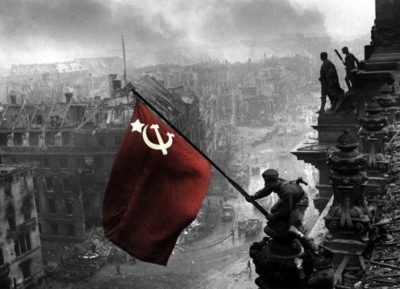– Rev José Mario O Mandía
I have a friend who reads the Bible daily, but says he is not interested in joining any religion. “Religion causes wars,” he told me.
In his book The End of Faith, American author and philosopher Sam Harris claims that organized religion is “the most prolific source of violence in our history.” English evolutionary biologist and atheist Richard Dawkins has argued that religion is to blame for so much violence and war throughout history. John Lennon seemed to share the same belief. In his famous song, he wrote, Imagine there’s no heaven / It’s easy if you try / No hell below us / Above us, only sky. / Imagine all the people living for today. / Imagine there’s no countries / It isn’t hard to do / Nothing to kill or die for / And no religion, too. / Imagine all the people living life in peace.
That’s what we all want: peace. Is abolishing religion the answer?
On the other hand, well-known author and speaker Jimmy Akin says (see “The myth that religion causes war”), “If religion predisposed people to violence, we should see this on the small scale, yet violent criminals don’t usually seem to be devout churchgoers.”
He further asserts that we cannot regard all religions in the same way: “Like non-religious viewpoints, religions have differing attitudes toward violence, ranging from advocating violence for a variety of causes to advocating it only in self-defense to thoroughgoing pacifism.”
He adds an observation: “Often wars are fought when there is no difference in religion. In the bloodiest war in U.S. history, the Civil War, the North and the South had the same religion.”
Let’s examine some more facts.
There is a three-volume work by Alan Axelrod & Charles Phillips called Encyclopedia of Wars (published November 2004) which (according to Amazon) “covers every major war, rebellion, and revolution from 3,500 BCE to the present … the causes of conflict, an enumeration of battles, and a summary of the outcome(s) – but also the social and political context in which the wars occurred.”
The Encyclopedia reports that there are 1,763 known/recorded historical conflicts, and of these, 123 (6.98%) had religion as their primary cause. Of those 123 instances, 66 (i.e., half of the “religious wars”) were related to Islam.
On the other hand, the most atrocious wars have been started by non-believers. RJ Rummel, in his book Death by Government, reports that Stalin managed to eliminate at least 42,672,000 people, Mao 37,828,000, and Hitler 20,946,000.
We have seen earlier (Bite-Size Philosophy 54) that each man has a dignity because he is a rational being, endowed with the capacity for self-determination. Religion (at least the Christian one) adds another important datum: man is made in God’s image; he is a reflection of the deity. From this we can see that a believer has greater reason to respect others. It is no surprise, therefore, that one of the pioneers of international law is a Roman Catholic philosopher, theologian, and jurist of Renaissance Spain: Fr Francisco de Vitoria OP (c. 1483-1546). He rose to the defense of the American Indians, whose dignity was being violated by Spain’s policies in the Americas.
In 2004, just a year before Joseph Ratzinger became Benedict XVI, the Catholic Academy of Bavaria sponsored a debate between him and philosopher and Neo-Marxist social critic Jürgen Habermas. Those who followed the debate were surprised at the end, when Habermas concluded that religion, though it is not essential, can be a useful tool to preserve secular democracy. Even for an atheist, there seems to be room for God, after all.


 Follow
Follow


